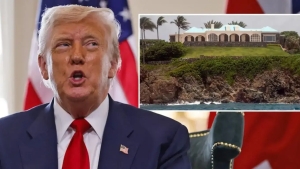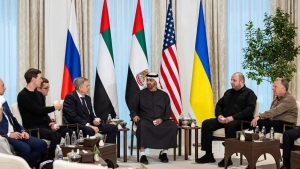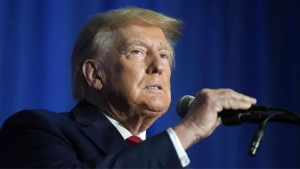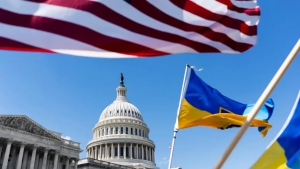The US increased tariffs on Indian products by 50 percent
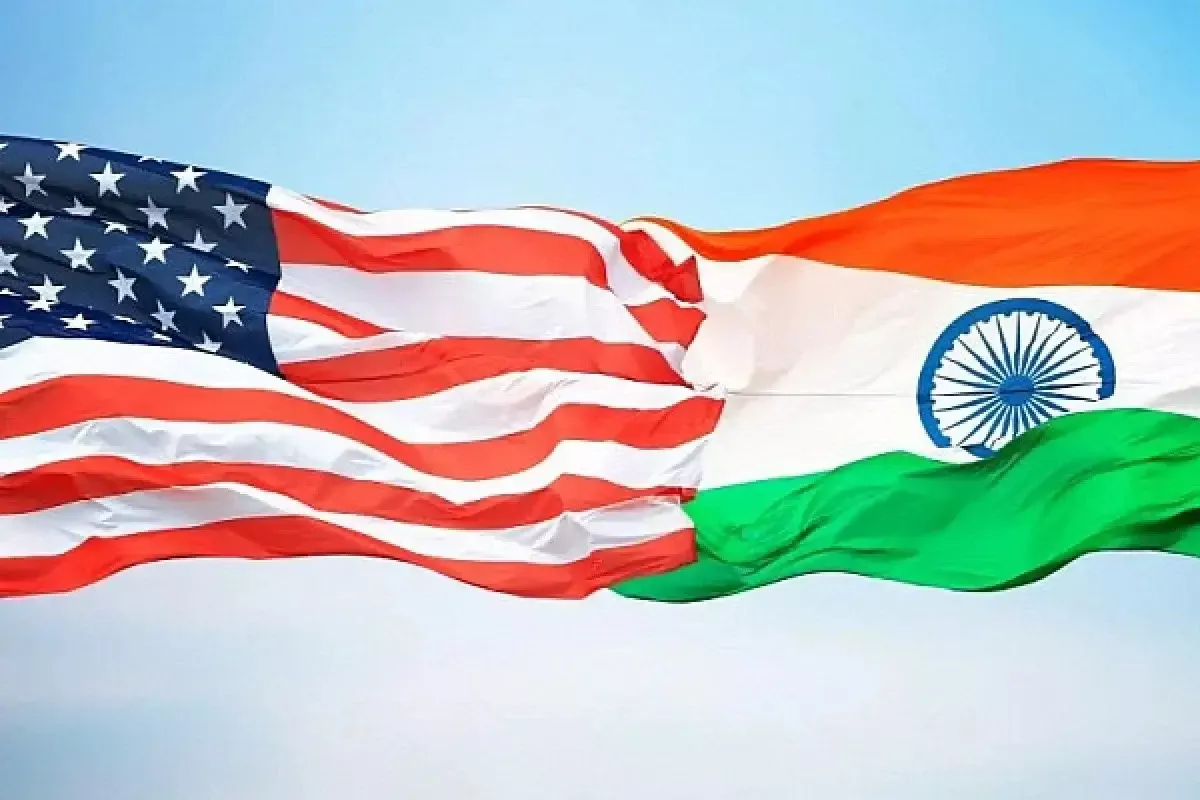
Since the beginning of the 21st century, India and the United States, considered strategic partners, have experienced an unexpected serious chill in relations. This was reported by Zamin.uz.
President Donald Trump's doubling of tariffs on Indian products dealt a significant blow to bilateral relations. According to the new decision effective from August 27, 2025, the US increased tariffs on goods imported from India by up to 50%.
Previously, an additional 25% penalty tariff was added to the existing 25% tariff imposed for purchasing Russian oil. As a result, tariffs on clothing, jewelry, precious stones, sports equipment, furniture, and chemical products sharply increased.
Renowned political analyst Fareed Zakaria, in his analysis for The Washington Post, explained Washington's decision and emphasized that the direction of US foreign policy has fundamentally changed. According to him, Trump's move could be seen as breaking the strategic partnership policy built over 25 years by previous administrations and may go down in history as the biggest mistake of his presidency.
After the Cold War, US-India relations developed steadily. President Bill Clinton's visit in 2000 laid the foundation for bilateral cooperation.
During the George Bush administration, Washington viewed India as a key partner to balance China's rise and reached a historic agreement on the nuclear program. The Obama administration supported India's candidacy for permanent membership in the UN Security Council and increased trade volume.
During Trump's era, the defense bloc QUAD, consisting of the US, Japan, Australia, and India, was further strengthened. Under the Joe Biden administration, economic cooperation expanded further, and India continued to work closely with the US in many sectors.
However, Trump's new tariff policy may sharply change bilateral relations. Although he called the Indian economy "dead," India is actually one of the fastest-growing major economies in the world in recent years.
Currently, it ranks fourth globally by gross domestic product and is expected to surpass Germany by 2028, becoming the third-largest economy after the US and China. According to Zakaria, Trump's policy contradicts US interests in Asia and could undermine Washington's strategic dominance.
The new tariffs pose a significant problem for thousands of small manufacturers and exporters in India. Although the country's Ministry of Commerce has not issued an official statement, some officials have announced financial support for affected sectors and are exploring opportunities to enter new markets such as China, Latin America, and the Middle East.
According to data from the Global Trade Research Center, orders for Indian products in the US could shrink by up to 90%. The Indian government has stated that the direct impact of the tariffs could affect export volumes worth 48 billion dollars.
In 2024, the trade volume between the two countries amounted to 129 billion dollars. If the new tariffs remain, a significant decrease in trade volume is not unlikely.
The US government views India's purchase of Russian oil as aiding Moscow in financing the war in Ukraine. In response, India criticized the "double standards" and reminded of the ongoing trade between the US and Europe with Russia.
This conflict is causing further complications in relations between the two countries.


